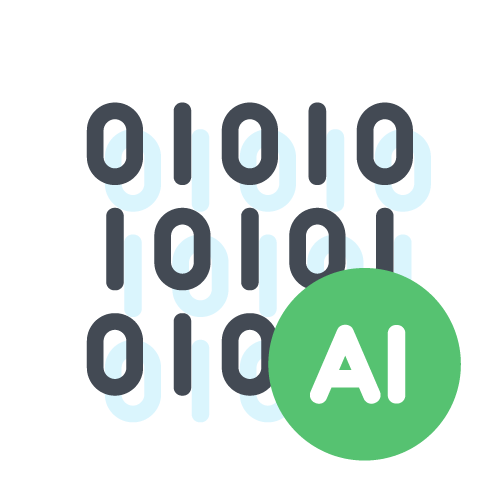Last Updated : April 29, 2025

10. Artificial Intelligence for Health Care Professionals
Another emerging application of artificial intelligence (AI) within the health care system is to change the way health professionals approach patient consultations and develop treatment plans. The ability to make data-driven predictions can play a major role in health screening (e.g., cancer screening) by alerting health professionals to early signs of disease. AI for use by health professionals is likely to be disruptive because it could change how treatment decisions are made in real time and bring the technology to the people responsible for providing care or making decisions about care needs.
Implications
A Environmental Scan on AI and machine learning trends in mental health services indicated the use of these tools within the context of clinical practices in Canada is still quite limited. Further evidence is needed to assess the effectiveness of certain AI apps. Better data collection is necessary to build prediction models, such as those used to support decision-making for COVID-19. Additionally, trust in AI will need to be developed.
Some current and potential use cases of AI in health care delivery include:
- Treatment plan design. AI-driven software developed by IBM Watson analyzes a patient’s medical record along with information from research to provide suggestions to the health care professional of possible treatment options that could be considered for the patient’s clinical context.
- Mobile charting. Apps with integrated AI technology, such as Nuance DAX, can save time and allow medical information to be shared more conveniently among members of the patient care team. A performance reportfor the app states that patients were more satisfied with their consultations because they felt their provider was more engaged and less inundated with documentation.
Last Updated : April 29, 2025


